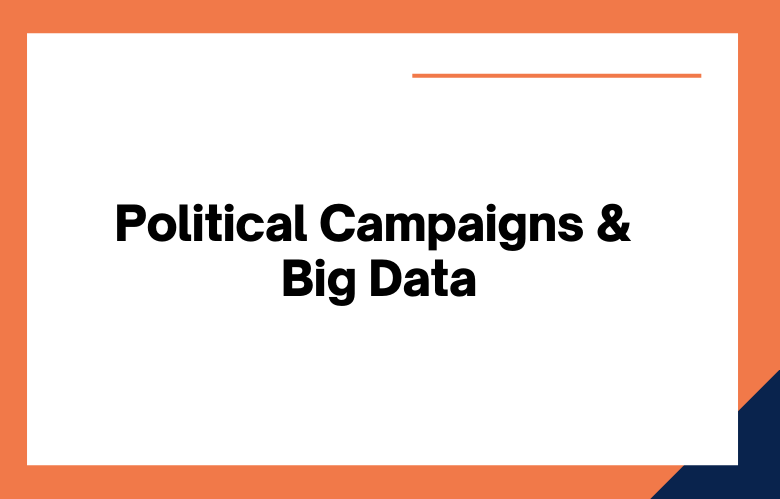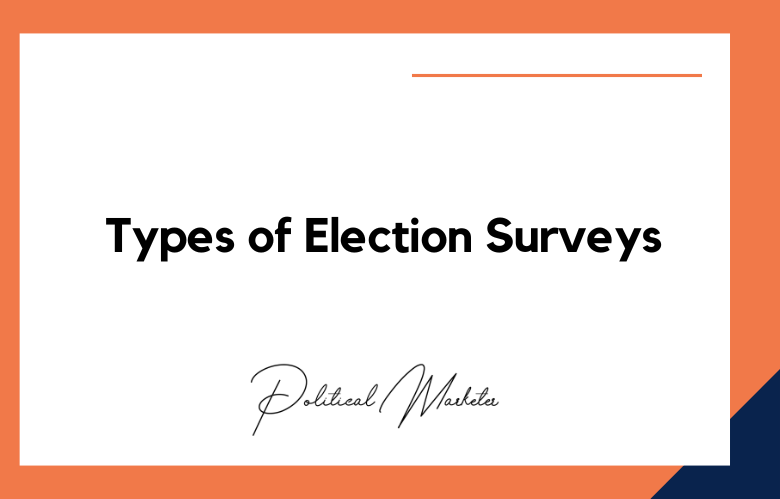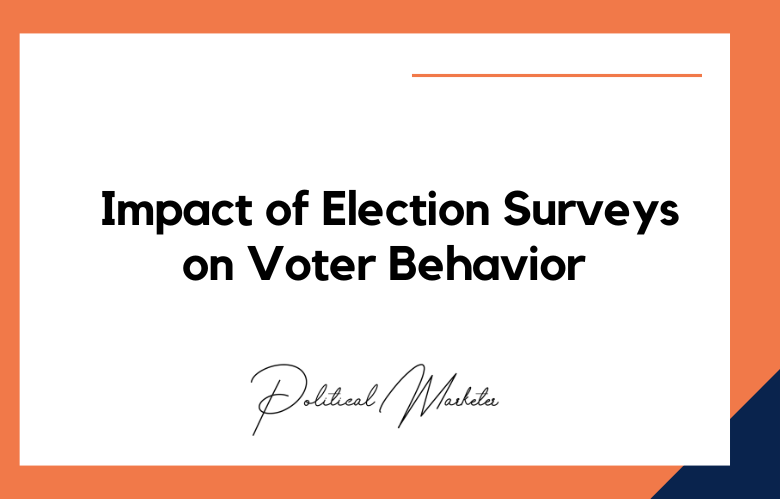Political campaigns are under more pressure than ever to target potential voters with the right messages efficiently. Thanks to advances in big data analytics, campaigns can now collect and analyze vast amounts of data to better understand voter behavior.
However, this presents a new challenge for campaigns – how to use big data best to inform their decisions?
We will explore the benefits and limitations of big data analytics in political campaigns and discuss strategies for using big data to improve your campaign results.
As political campaigns increasingly turn to big data analytics to inform strategy, they face a unique challenge: how to use all of that data in a way that is both effective and responsible.
At the same time, concerns about privacy and data security mean that campaigners must be extremely careful about using information gathered from voters.
Navigating these challenges will be essential for any campaign hoping to win in today’s political environment.
What is big data, and why do political campaigns need it?
Big data is a field of data analysis that refers to massive data sets.
Political campaigns can use big data to understand potential voters better and identify voting behavior patterns. Additionally, big data can target specific voters with customized messages.
Big data is a field of data analytics that refers to the petabytes of data organizations collect daily.
Political campaigns need big data to understand voters’ preferences and tendencies better. By analyzing data, campaigns can tailor their messages and strategies to appeal to specific demographics.
How does extensive data help campaigns target voters more effectively?
Though campaigns have always tried to target voters as best they can, this has allowed them to do more effectively.
Campaign managers can better allocate resources and time by understanding voting patterns and trends.
Microtargeting – a strategy that relies on big data – has become increasingly popular. This technique allows campaigns to focus on specific groups of voters who are more likely to support their candidate.
Ultimately, big data provides campaigns with a valuable tool to help them win elections.
Big data is helping campaigns target voters more effectively than ever. By harnessing the power of data, they can pinpoint key voting demographics and craft messaging that resonates. This has led to a more strategic and targeted approach to campaigning, making the most of every interaction with potential voters.
Big data can give campaigns a more detailed understanding of their target voters. This information can develop targeted messaging and customize campaign strategies to reach better and persuade potential voters.
Is there a danger of over-reliance on big data in politics?
There is a danger of over-reliance on big data in politics. This could hurt democracy, as decisions would be based on numbers rather than what is best for the people.
Although big data has revolutionized the way we do politics, it is dangerous to become too reliant on it. Without understanding the complexities and nuances of human behavior, we could make costly mistakes.
- One positive aspect of big data is that it enables more lenient immigration policies.
- This also allows for a better understanding of people’s thoughts and wants.
- However, there is a danger that politicians will become too reliant on big data and overlook other important factors.
What challenges are involved in collecting and analyzing big data for political purposes?
When it comes to big data, a few challenges pop up when analysts try to collect and compile it.
Number one is tracking down all the pertinent data points.
They could be coming from social media feeds, purchase histories, doctor’s notes, warranty forms…the list goes on.
Once analysts have corralled all the data, they must make sense of it.
This usually requires sorting and aggregation so that similar data points are together.
And finally, after all that work, some analysis must be done to glean insights from the data.
Big data sets can be challenging to collect and analyze.
Data preparation includes cleaning, aberration detection, imputation, and standardization.
Challenges in data analysis include:
- Dealing with large data sets.
- Incorporating multiple sources of data.
- Combining qualitative and quantitative methods.
Can big data predict election outcomes with any degree of accuracy?
The data plays a significant role in our lives and can often give us insights we would never have otherwise had. However, can this data be used to predict things like election outcomes accurately? While there have been some studies that say it can, there is still a lot of debate.
It can predict election outcomes with a high degree of accuracy. For example, the type of data collected, how it is collected, and the methods used to analyze it can all impact the accuracy of big data predictions.
Big data has become increasingly important in understanding and predicting election outcomes. But can it provide accurate predictions?
But we need to be careful about trusting its predictions too much.
How will using significant data change, especially with the advent of artificial intelligence (AI)?
With the advent of big data, businesses can change how they operate. By understanding customer behavior and trends, companies can make better decisions that improve operations and increase profits. In addition, big data can help organizations improve their communication and marketing strategies.
Big data is constantly evolving and growing. With the advent of new technologies, how we use and collect information is also changing.
Political Campaigns and the Big Data Challenge
- Political campaigns must gather much data to make informed decisions about allocating resources.
- This data can come from many sources, including surveys, focus groups, polling, and social media.
- The problem is that this data is often unstructured and difficult to analyze.
- Many tools and techniques can be used to analyze big data, including machine learning and natural language processing.
- Political campaigns must use the right tools to get the most out of their data.
- The amount of data being generated is unprecedented and presents a big challenge for political campaigns
- Candidates need to find ways to process and use this data to make decisions about where to allocate resources
- There are many different sources of data, including social media, polling, fundraising, and voting records
- Analyzing all this data requires sophisticated software and algorithms
- Campaigns also need people with the skills to analyze and interpret the data
- The goal is to use data analytics to identify trends and target voters more effectively
- campaigns need to keep up with the latest technology to stay competitive
- The Role of big data in political campaigns
- Data Mining and its potential benefits for political campaigns
- The importance of analytics in the decision-making process
- How to target voters through social media platforms
- The use of predictive modeling in political campaigning
- Big Data and grassroots activism
- The amount of data that is available today has changed the way political campaigns are run
- There is a big data challenge for movements to collect, store, and analyze all of this information
- Campaigns need to find ways to use this data to target voters and get their message out
- The use of big data will only become more important in future elections
- The amount of data being generated is unprecedented and presents a big challenge for political campaigns
- Campaigns need to find ways to analyze large amounts of data to make informed decisions quickly
- several different tools can help with this process, including predictive analytics and data mining
- campaigns need to keep track of all the other sources of data to get a complete picture
- The use of big data is increasing and will only become more critical in the future.
Conclusion
Political campaigns are under pressure to collect and analyze more data than ever.
The big data challenge for political campaigns is finding the noise signal.
Campaigns need to identify which data is most important and then figure out how to use that data to influence voters.
Contact us today if you want help navigating the big data challenge for your political campaign.
We can help you find the signal in the noise and use it to win elections.
One way to get in touch is by filling out our online form on this site or give us a call at
+91 9848321284. Let’s work together today!










